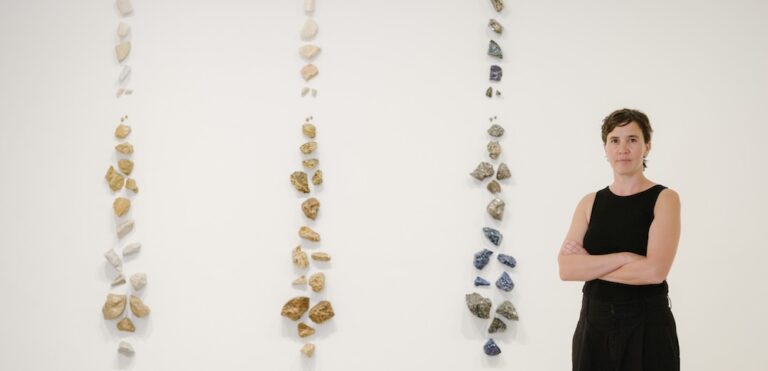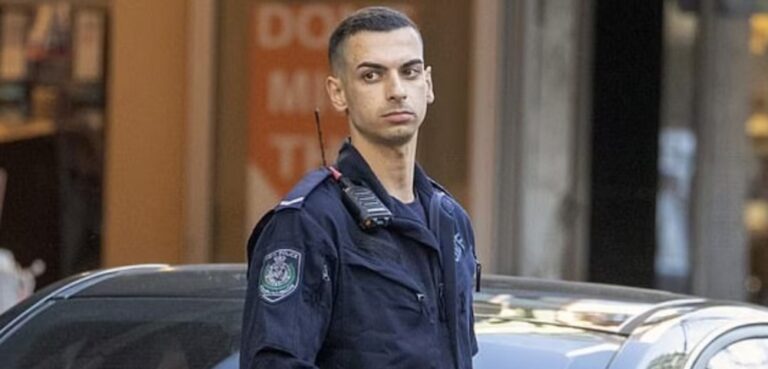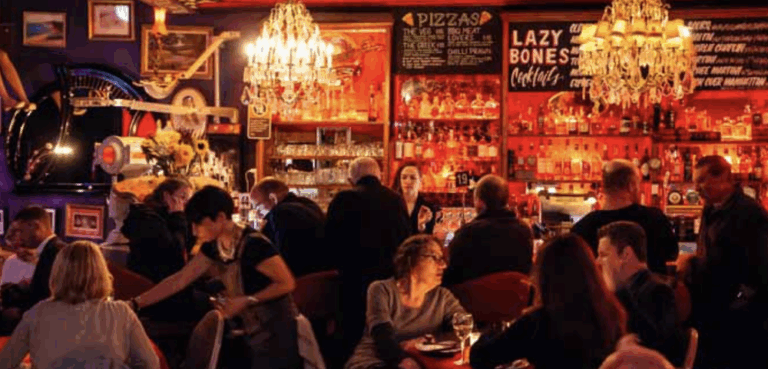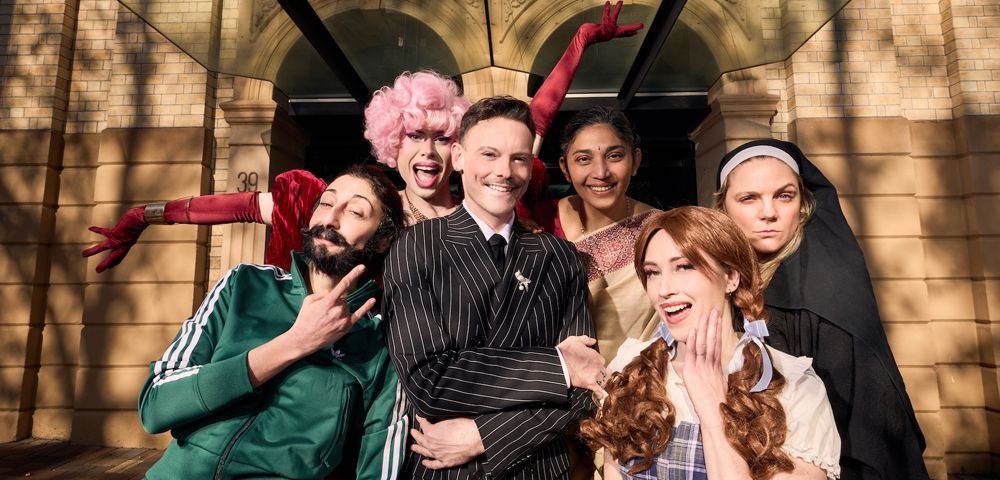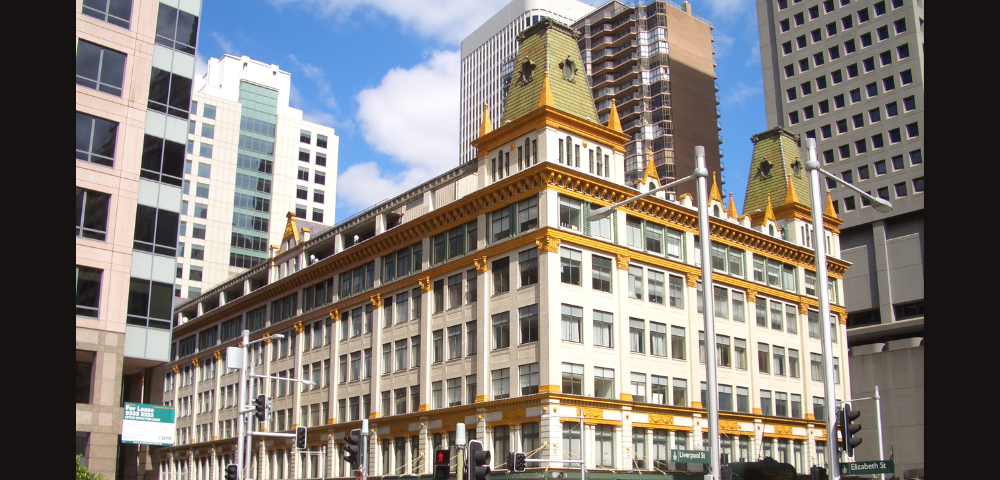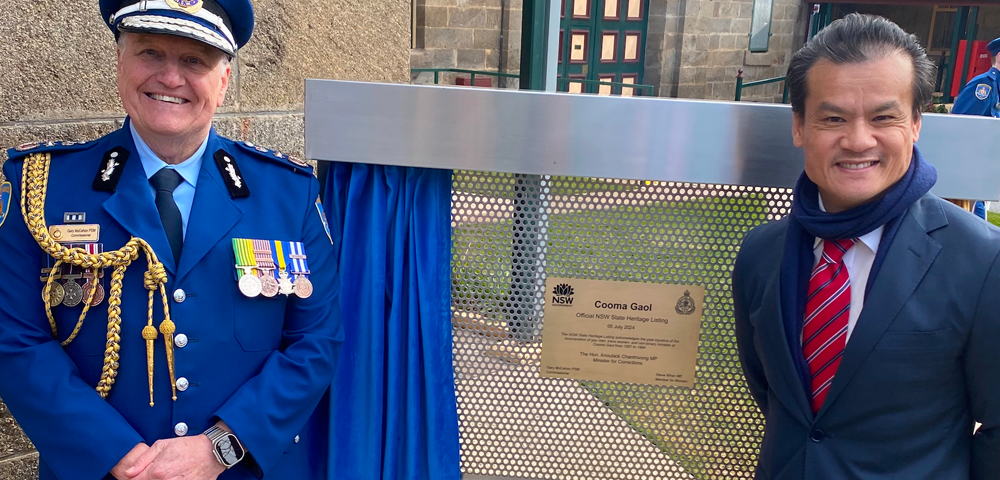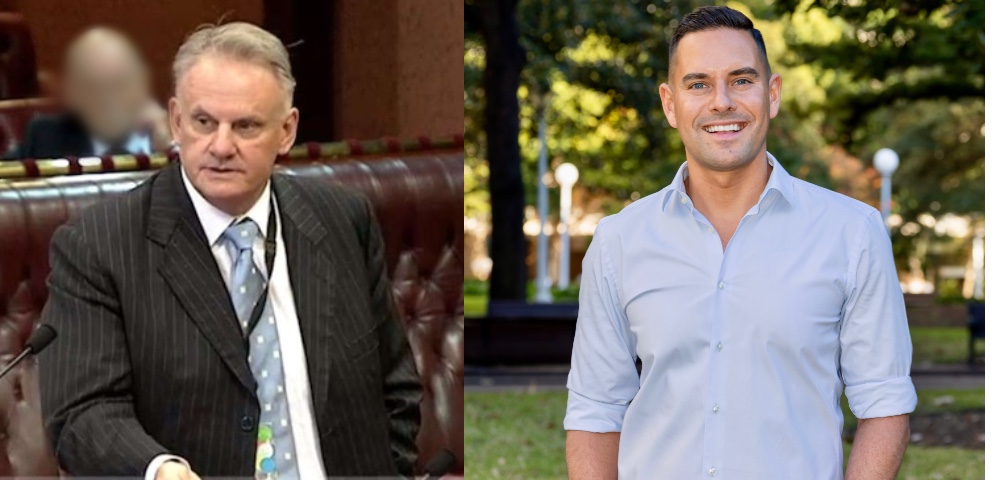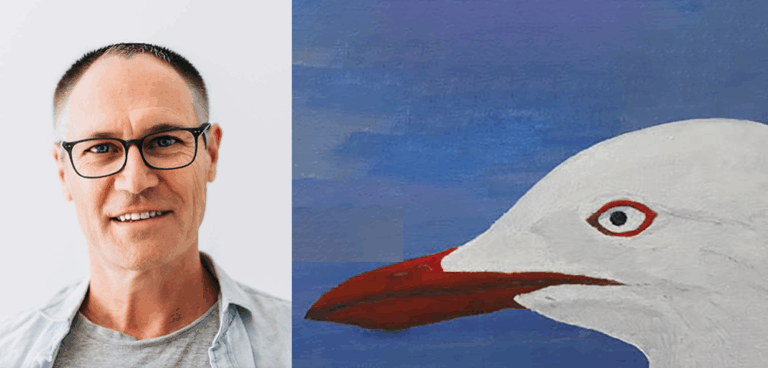
Historic strike unifies public and Catholic school unions amidst an “education crisis”
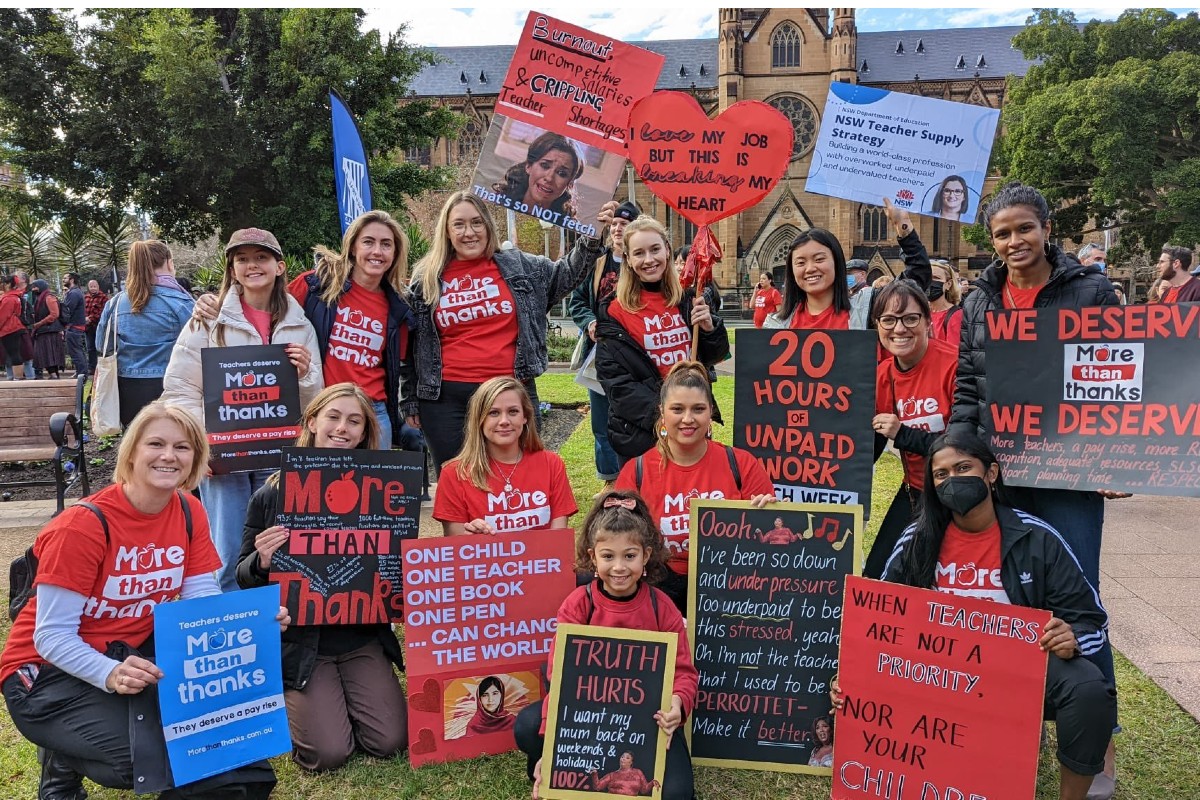
Image: Public and Catholic school teachers banded together to strike for fair pay. Photo: Facebook.
By SAHSA FOOT
Catholic and public school teachers marched together in Sydney’s CBD to strike against inadequate wage increases, staff shortages, and overwhelming workloads in the education sector.
The historic march, which began at Hyde Park and continued along Macquarie Street, was organised by the NSW Teachers Federation representing public school teachers, and the Independent Education Union of Australia for private school employees.
3% pay rise not in line with inflation
Both unions have criticised the 3% pay increase offered by the NSW government in the recent budget allocation for failing to meet inflation levels. The NSW/ ACT branch secretary of the Independent Education Union, Mark Northam, said the joint strike is about tackling the “education crisis”.
“The sharply rising cost of living, lack of real wages growth, ever-increasing workloads and the pandemic have caused crippling staff shortages…the profession is at breaking point,” Northam stated.

While private schools are not legally bound by the wage policies of the NSW government, the sector largely follows the salaries granted by the public sector.
The “teachers united” banner displayed at the front of the march was a reminder that the public and private education sector were facing similar difficulties. The teachers chanted slogans like “more than thanks, hear our voice”.
President of NSW Teachers Federation, Angelo Gavrielatos, said that unsatisfactory conditions are causing teachers to leave the sector while future graduates are discouraged from entering the profession.
“Acting on uncompetitive salaries and unsustainable workloads is the only way to stop more teachers leaving and attract the people into the profession we need to fix the shortages,” he said.
Gavrielatos said the shortages are amounting to a “classroom crisis”.
“Every week in public and non-government schools, thousands of lessons are not being delivered.”
Third strike in just over half a year for teachers
In a span of seven months, there have been three teacher strikes in NSW.
NSW Education Minister, Sarah Mitchell, said industrial action causes unnecessary disruption, attributing her frustration “[on the] behalf of parents and kids”.
Mitchell believes the state government has effectively responded to the union’s outcries by “put[ing] forward a more generous public sector pay increase on the table”.
“I’m frustrated that union bosses are persisting with this industrial approach – it doesn’t help anybody.”
Solidarity to the teachers of NSW who are on strike today for #MoreThanThanks. Respecting teachers builds us. It’s time this was recognised so we have the strong profession in the numbers we need. @TeachersFed @IEUNSWACT
— Sally McManus (@sallymcmanus) June 29, 2022
